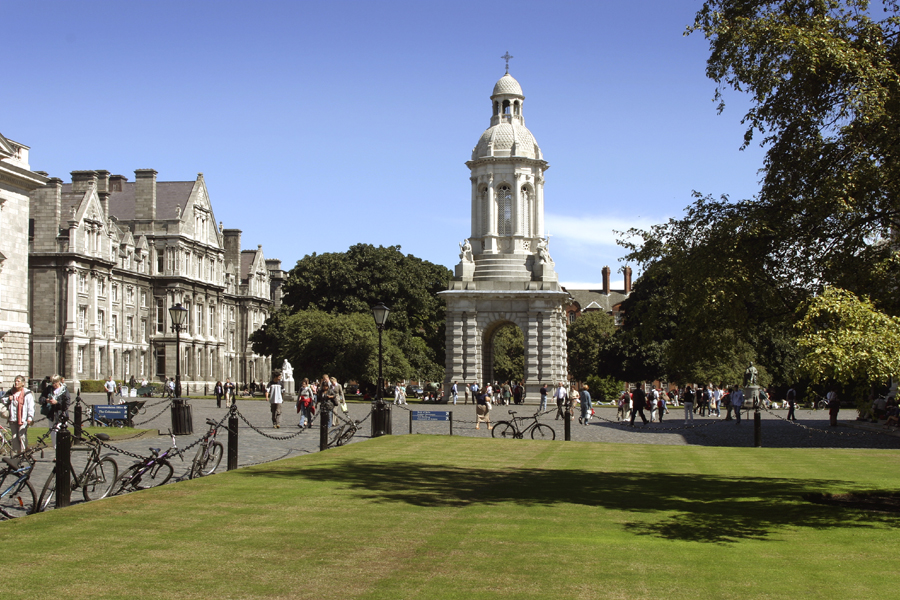Trinity researchers have led a major breakthrough in the understanding of tuberculosis, leading to hopes that more personalised treatments could be developed, potentially saving lives around the world.
The team, from Trinity and St James’s Hospital, have discovered how our immune system responds to the disease, opening up the possibility of more effective vaccines and personalised therapies.
Dr Clíona Ní Cheallaigh, lead author on this study, was struck by how different people all seemed to respond differently to the tuberculosis bacteria.
Cheallaigh, along with colleagues Joe Keane, Professor in Respiratory Medicine at St James’s Hospital, and Ed Lavelle, Professor in Immunology in Trinity, focused on a particular protein found in humans, called mal, and how it impacts on the body’s response to tuberculosis.
In a press release, Ní Cheallaigh described how the team have “discovered a whole new function for this protein Mal”, and how important this could be in helping to cure the disease.
What this research, funded by the Health Research Board, the Royal City of Dublin Trust and Science Foundation Ireland, shows for the first time is that mal is involved in cell signalling in response to interferon gamma, a crucial chemical in the our body’s immune response to illness.
Prof Joe Keane, in a press release, commented on the significance of this finding for patients: “In St James’s Hospital, we treat drug-resistant TB patients who need novel immune treatments, like Interferon, which can be optimised because of this research”.
The mal protein was of interest to researchers because about 25 per cent of Europeans have a different form of the protein and tend to be more susceptible to getting the disease. However, until now, it was not clear why.
Tuberculosis spreads from person to person by inhaling infected droplets made when sufferers coughs. In 2014, 9.6m people fell ill with tuberculosis, while 1.5m people died from the disease. Each year, there are around 400 notified cases of the disease in Ireland. St James’s Hospital is the super-regional centre for treating tuberculosis in Ireland.
The disease is more common in people on immunosuppressant drugs, in people who smoke, have diabetes, or suffer from HIV. However, the bacteria that cause tuberculosis is becoming more and more resistant to current antibiotics, making it more and more difficult to successfully treat.







